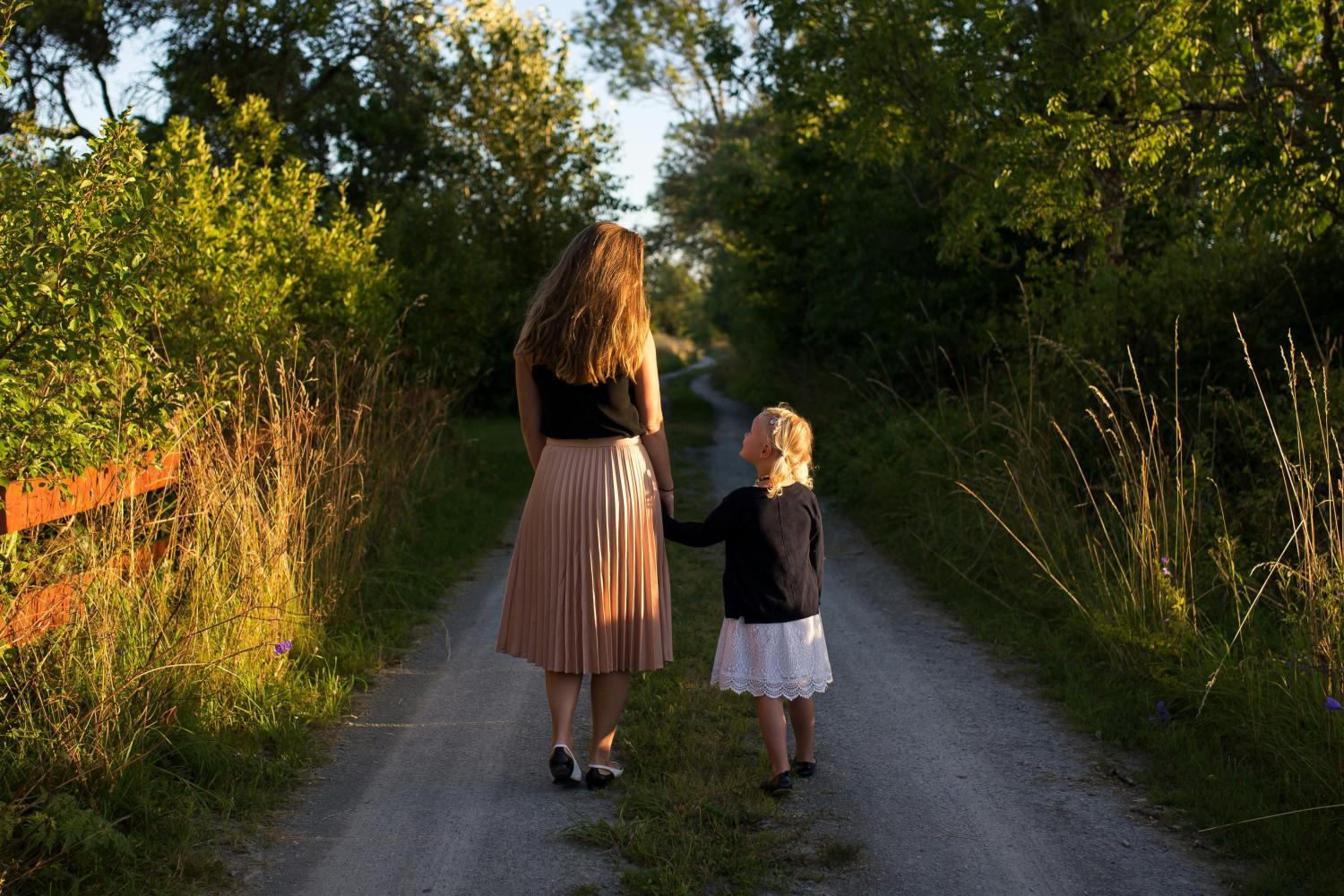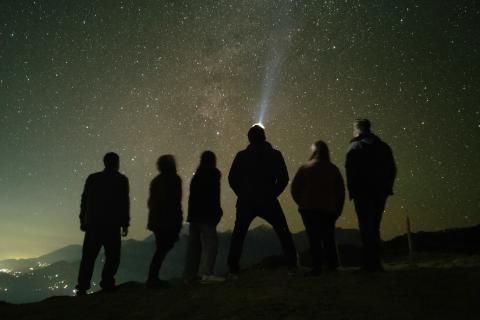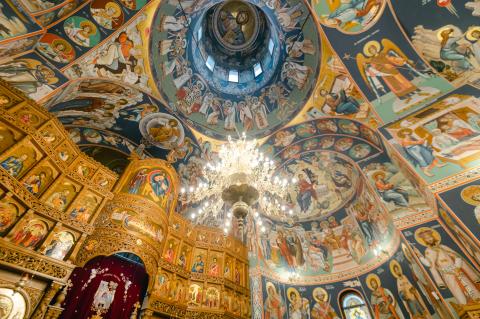
Demographic questions won’t seem to stay out of the news cycle.
A writer for The Atlantic recently penned a piece entitled “The Real Reason People Aren’t Having Kids,” a title suggestive of the baffled scramble to address what’s been called the “birth dearth” in recent years.
The author makes an argument that looks to shift the paradigm for thinking through that scramble, and yet it’s perhaps not a radically surprising observation that she offers: the problem, she suggests, isn’t economic. Rather, it has “everything to do with a deep but unquantifiable human need. That need is for meaning.”
Her argument points to the ways children just aren’t necessary for life in the ways they used to be: they’re not needed to help keep homes and farms running, or to keep towns and villages big and young enough to maintain their safety from adversaries. Further, the problem doesn’t seem to be that kids are just too expensive, nowadays – much poorer people in much poorer ages managed, even while raising much larger families.
The dilemma now is that children are still a lot of work, and they still require a lot of self-sacrifice, and people are having trouble locating the pay-off without these obvious economic or social benefits. Why should they be willing to make that sacrifice? “Cash incentives and tax relief won’t persuade people to give up their lives,” the author quotes, “People will do that for God, for their families, and for their future children.”
The article sorts through various ways some may or may not think about children in terms of the “personal fulfillment” they can bring. But there may be a deeper problem laying even behind that line of thinking, one that has to do not just with the ways self-sacrifice can be fulfilling but with where we’re built to even find our sense of meaning.
Here this notion of “personal fulfillment” tends to lead us astray. The truth is that the human person is both individual and communal – intrinsically and essentially. We flourish when we’re both tended to properly as individuals and rightly ordered to a common life. We can’t be fully human without both of these aspects in play and rightly integrated, and we won’t find a deep sense of meaning if we leave either element out of the equation, either.
This is certainly a Christian ideal, but it’s not only that; most all civilized people have understood that without proper integration into institutional life in some form, one simply couldn’t live a sensible, happy, decent life. And so one got married and had a family because that household, that common life, that small institution, became for them a means by which their humanity was integrated and fulfilled. Today, in our obsessively anti-oppression age, we tend to view any kind of institutional impingement as a violation of the individual, an obstruction of the sweeping freedom that we think we need if we are to secure our fulfillment. The consequences of this distorted view of the communal dimension of our nature are being felt more concretely now, in the midst of the “birth dearth” that threatens to bring with it heightened social and economic costs in the future.
As The Atlantic author suggests, an answer to this question of “meaning is not something government can easily provide.” Nor is an answer to the problem of our misunderstanding and occasional distrust of the goodness of institutional life. Both “will most likely come only from another source.” This is, perhaps, a source Christians are capable of becoming once more – through their lives, their witness, and their lived belief that life, and life together, is a very real good.
After Venezuela's National Electoral Council claimed that the current president, Nicolás Maduro, won reelection with 51% of the vote, observers noted that a detailed breakdown of votes has not been made available. Earlier this week, the Venezuelan Bishops' Conference joined in demands for transparency and verification, and two Venezuelan cardinals issued a letter of their own denouncing the government's lack of transparency and suppression of opposition.
Nicaragua's persecution of the Church re-escalated last week, as 12 priests were arrested.
The Vatican has approved devotion at India's Sanctuary of Our Lady of Good Health, built on the site of reported Marian apparitions in the 1500s and host to 20 million pilgrims each year.
In Covington, Kentucky, St. Mary’s Cathedral Basilica of the Assumption stands as an architectural masterpiece, showcasing some of the best of the Catholic artistic tradition.


